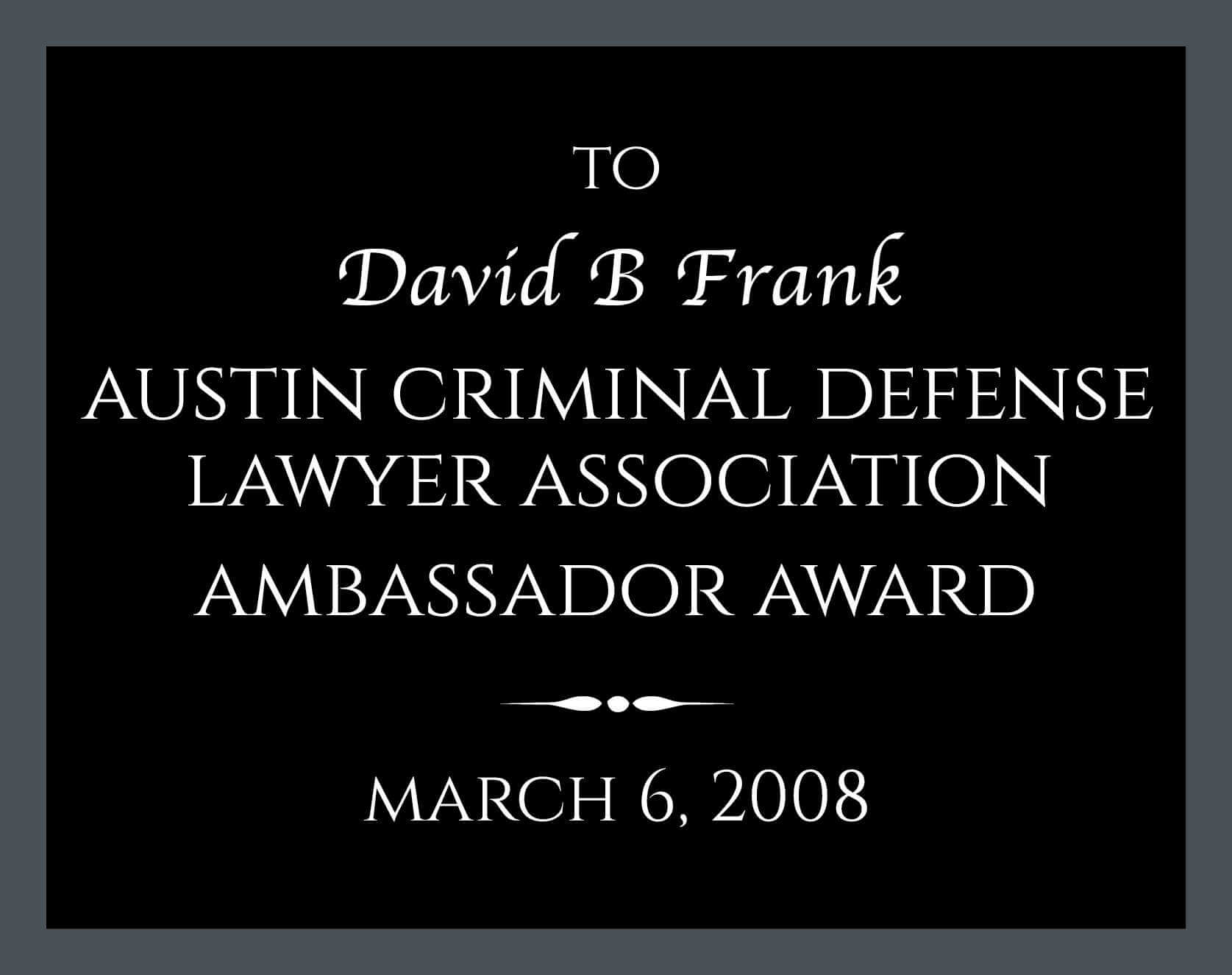
News and Updates
Governor Approves Regulatory Suspensions to Allow Offender Education Programs to Offer Remote Classroom Instruction During the COVID-19 Pandemic
APRIL 22, 2020
To help combat the spread of Coronavirus, TDLR requested and received authority from Governor Greg Abbott to suspend certain regulatory requirements to allow licensees of the Offender Education Program to provide more services through remote classroom instruction.
These suspensions are in effect until terminated by the Office of the Governor or until the March 13, 2020 disaster declaration is lifted or expires. In accordance with Section 418.016 of the Texas Government Code, the Office of the Governor has granted TDLR’s request to suspend the following provisions:
Rule Provisions to be Waived for All Offender Education Programs Listed
- Waive 16 TAC §90.43(b) regarding “Each instructor must be physically present in the classroom with all of the participants for each class.”
- Waive 16 TAC §90.48(a) and (f) applicable to Classroom Facilities and Equipment to allow for the provision of program instruction from certified providers to offenders through remote classroom instruction.
Statutory Provision Waived for Alcohol Education for Minors
- Waive Texas Alcoholic Beverage Code §106.115(a) as it relates to the word “attend” if it would require a defendant’s physical presence in a classroom setting to receive program instruction related to an alcohol awareness, drug education, or drug and alcohol driving awareness program under this statute, or TDLR rule. Clarify that “attend” may include the provision of program instruction to offenders (and authorized persons) from certified providers via remote classroom instruction.
Statutory Provision Waived for Drug Offender Education
- Waive Texas Transportation Code §521.374(a) as it relates to the word “attend” if it would require an offender’s physical presence in a classroom setting to receive program instruction related to a drug education program under this statute, or TDLR rule. Clarify that “attend” may include the provision of program instruction to offenders from certified providers via remote classroom instruction.
Statutory Provision Waived for DWI Education Program
- Waive Code of Criminal Procedure Article §42A.403(a) as it relates to the word “attend” if it would require an offender’s physical presence in a classroom setting to receive program instruction related to a DWI Education program authorized under this statute, or TDLR rule. Clarify that “attend” may include the provision of program instruction to offenders from certified providers via remote classroom instruction.
Statutory Provision Waived for DWI Intervention Program
- Waive Code of Criminal Procedure Article Article 42A.404(a) as it relates to the word “attend” if it would require an offender’s physical presence in a classroom setting to receive program instruction related to a DWI Intervention Education program authorized under this statute, or TDLR rule. Clarify that “attend” may include the provision of program instruction to offenders from certified providers via remote classroom instruction.
Implementation of Remote Classroom Instruction
Offender Education programs engaging in remote classroom instruction must ensure that all hours are properly accounted for and that all curriculum delivered must be in accordance with Title 16 Texas Admin. Code, Chapter 90, Sections 90.40 and 90.41. In addition, providers must ensure the identity of the distance-learning student, adhere to the student/instructor ratio limitation, and ensure that the student has the proper tools and materials to participate in the remote classroom instruction.
Licensed providers can notify the department by email at OEP@tdlr.texas.gov with the subject line of the email as “COVID-19 Remote classroom instruction” and provide the following information:
- Provider name and license number; and
- Type of method being used to:
- deliver remote classroom instruction, including the platform, technology or program;
- track and verify student attendance, including hours completed; and
- deliver the end of course test (applicable programs).
Austin Criminal Defense lawyer
David Frank has been an Austin Criminal Defense lawyer since 1993. He is Board Certified in Criminal Law by the Texas Board of Legal Specialization. An attorney who is Board Certified by the Texas Board of Legal Specialization in Criminal Law must have experience in the preparation and trial of serious criminal matters. The attorney must also have extensive knowledge of state and federal constitutional law, evidence, procedure and penal laws involved in the trial of these matters.



Leave a Reply